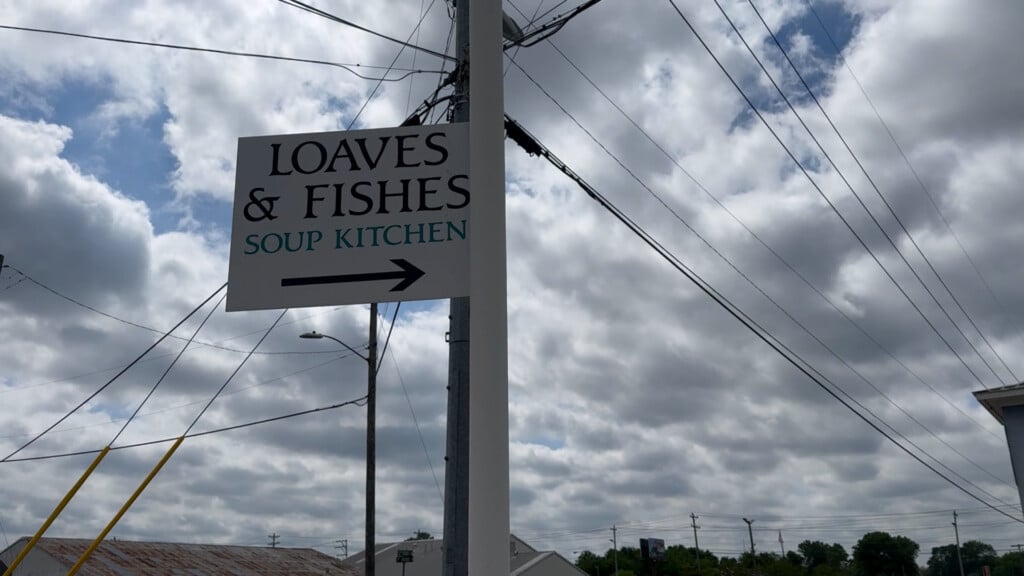Lowndes, Webster Chancery Courts, Clay Circuit to Start E-Filing
Grenada County Chancery Court is the most recent of eight counties utilizing electronic filing of court records. E-filing became mandatory on March 18 in Grenada County Chancery Court.
Chancery Courts in Lowndes and Webster counties and the Clay County Circuit Court are in the early stages of implementing e-filing systems. No dates have been set yet for those courts to begin accepting e-filing from attorneys.
E-filing became mandatory for Chancery Courts in Holmes and Yazoo counties on March 4. Rankin County Chancery Court made e-filing mandatory on Feb. 4. Mandatory e-filing was implemented earlier in Chancery, Circuit and County Courts in Madison, Harrison and Warren counties, and in the Chancery Court of DeSoto County.
E-filing is currently utilized only in civil cases. Madison County Circuit Court Clerk Lee Westbrook will be the first to use e-filing for criminal cases. Madison Circuit began staff training and in-house use of the criminal e-filing system on March 19. Dates have yet to be set to begin voluntary and mandatory e-filing in criminal cases.
Madison County was the original pilot test site for the development of the Mississippi Electronic Courts program. Madison County Chancery Clerk Arthur Johnston and his staff worked with MEC to adapt the federal court’s e-filing and document management system for use by the state courts. Voluntary e-filing began in Madison Chancery Court in July 2009, and e-filing became mandatory in September 2009.
Mississippi Supreme Court Chief Justice Bill Waller Jr. said, “I think that the addition of Grenada Chancery to MEC is a very important step in the development of a statewide electronic filing system for the judiciary. It is significant to note that a small, rural county such as Grenada County has access to the same technology that larger and better financed counties such as Madison and Rankin have. This creates a level playing field for all counties to participate in modernization of court practices.”
Chancery Judge Percy Lynchard, who has used e-filing in DeSoto County for more than a year, said he looks forward to using the technology in Grenada County at the south end of the district.
“You can certainly get an order entered much quicker this way. In the past, even if you had an agreed order, you would leave it with my court administrator and I would sign it,” he said. E-filing allows attorneys to e-mail the proposed order. The order can be filed immediately after the judge signs it. “It saves a whole lot of paperwork, a whole lot of time and trouble, and a whole lot of miles to the courthouse,” Judge Lynchard said.
Grenada County Chancery Clerk John Hayward said he’s wanted the MEC system since he took office five years ago. “We are looking forward to the space savings and the efficiency of the system,” he said. “We appreciate the Supreme Court helping us with this and anticipate that this should be a very good cost savings for our taxpayers….We are very excited and feel sure this is going to be a whole lot more economical than the books.”
Chancery Judge Janace Harvey Goree, who presides in Madison, Holmes and Yazoo counties, has used e-filing in Madison County Chancery Court for several years. Electronic access to documents allows the judge to work efficiently and allows attorneys to expedite some matters on which both sides agree, she said. For instance, after an agreement is reached in an irreconcilable differences divorce, the divorce can be finalized without the attorneys having to appear before her to present the agreed order. The proposed order can be submitted electronically, and she can sign it.
Judge Goree has a weekly ex parte session at which attorneys can bring orders to be signed. She says that she frequently has more attorneys waiting to see her than she can accommodate. With electronic filing, “They don’t have to come in and sit and wait for an hour,” Judge Goree said. “They don’t have that drive time….I can do a lot of it in my office rather than having the attorney come back to court. Hopefully that will save them time. It should save the client money because they are paying by the hour. I am able to do the work more efficiently.”
Judge Goree and Judge Lynchard said they sense apprehension from some of the attorneys who are unfamiliar with electronic filing. “Once they get used to it, they will embrace it,” Judge Lynchard said.
Free training for attorneys is provided by MEC staff at the Gartin Justice Building, 450 High Street in Jackson. Online registration is available at this link: http://courts.ms.gov/mec/mec_attorney_training.html. Training dates are expected to be set in April and May.
Three hours of instruction includes application of the Mississippi Electronic Courts, capabilities and functions of the MEC system, registration to use the MEC system, duties of the attorney in his or her official dealings with the court system, and an overview of the Mississippi Electronic Courts Administrative Procedures as adopted by the Mississippi Supreme Court.
Nearly half of the attorneys in the state are registered to use the MEC system. More than 3,400 attorneys currently have access to e-filing – 48 percent of the approximately 7,050 active practicing attorneys in the state. Also, more than 1,200 non-attorneys are currently registered to use the system to access court records.
The Mississippi Electronic Courts program, under the supervision of the Mississippi Supreme Court, is adapted from the electronic filing system used in federal district courts. Attorneys and their staffs may file and view documents 24 hours a day, seven days a week. Judges using MEC can access documents at any time and location via the Internet, allowing them to prepare for hearings and draft orders and opinions without waiting for paper files.





Leave a Reply